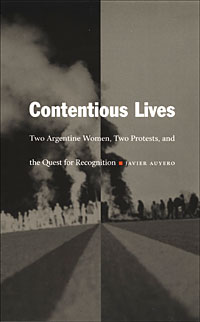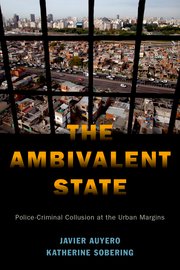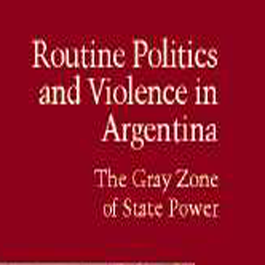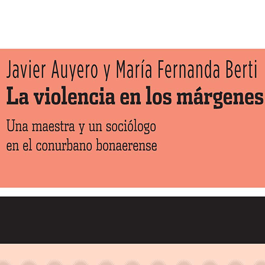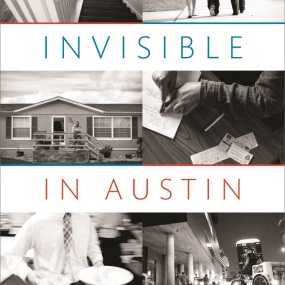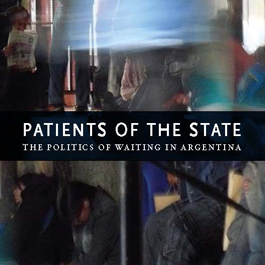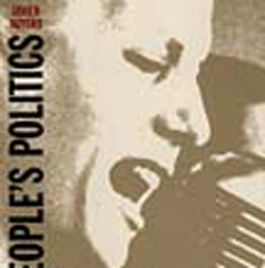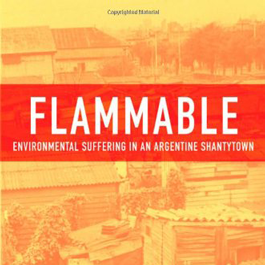Contentious Lives examines the ways popular protests are experienced and remembered, individually and collectively, by those who participate in them. Javier Auyero focuses on the roles of two young women, Nana and Laura, in uprisings in Argentina (the two-day protest in the northwestern city of Santiago del Estero in 1993 and the six-day road blockade in the southern oil towns of Cutral-co and Plaza Huincul in 1996) and the roles of the protests in their lives.
Laura was the spokesperson of the picketers in Cutral-co and Plaza Huincul; Nana was an activist in the 1993 protests. In addition to exploring the effects of these episodes on their lives, Auyero considers how each woman’s experiences shaped what she said and did during the uprisings, and later, the ways she recalled the events. While the protests were responses to the consequences of political corruption and structural adjustment policies, they were also, as Nana’s and Laura’s stories reveal, quests for recognition, respect, and dignity.Auyero reconstructs Nana’s and Laura’s biographies through oral histories and diaries.
Drawing on interviews with many other protesters, newspaper articles, judicial records, government reports, and video footage, he provides sociological and historical context for their stories. The women’s accounts reveal the frustrations of lives overwhelmed by gender domination, the deprivations brought about by hyper-unemployment and the withering of the welfare component of the state, and the achievements and costs of collective action. Balancing attention to large-scale political and economic processes with acknowledgment of the plurality of meanings emanating from personal experiences, Contentious Lives is an insightful, penetrating, and timely contribution to discussions of popular resistance and the combined effects of globalization, neoliberal economic policies, and political corruption in Argentina and elsewhere.
